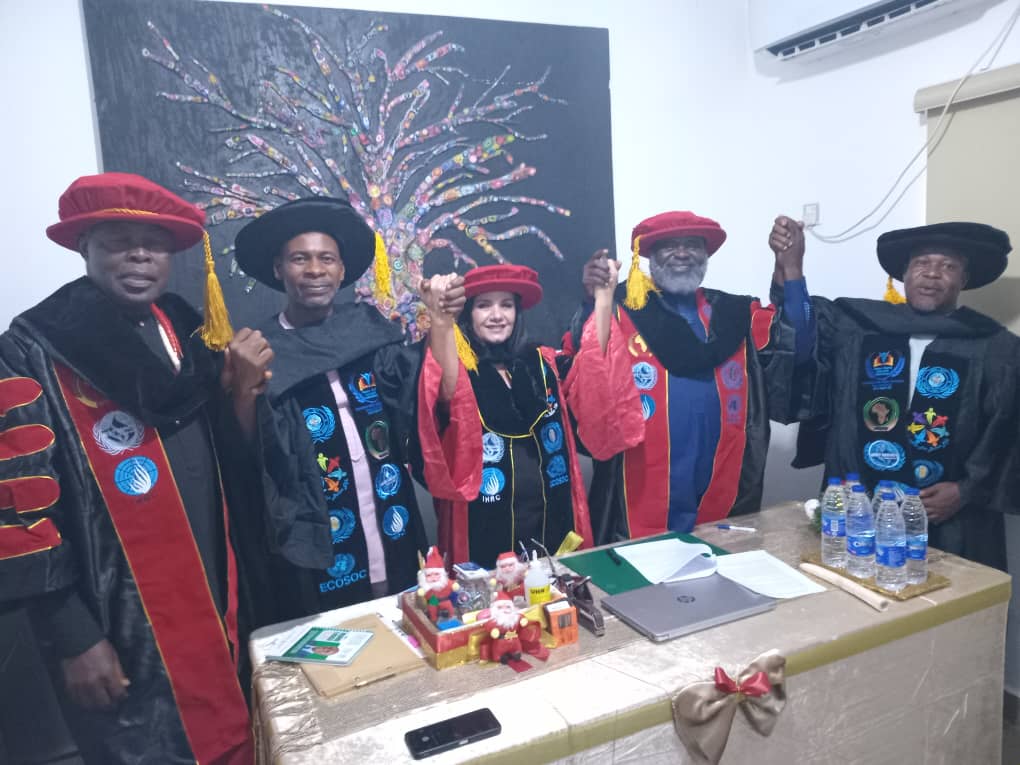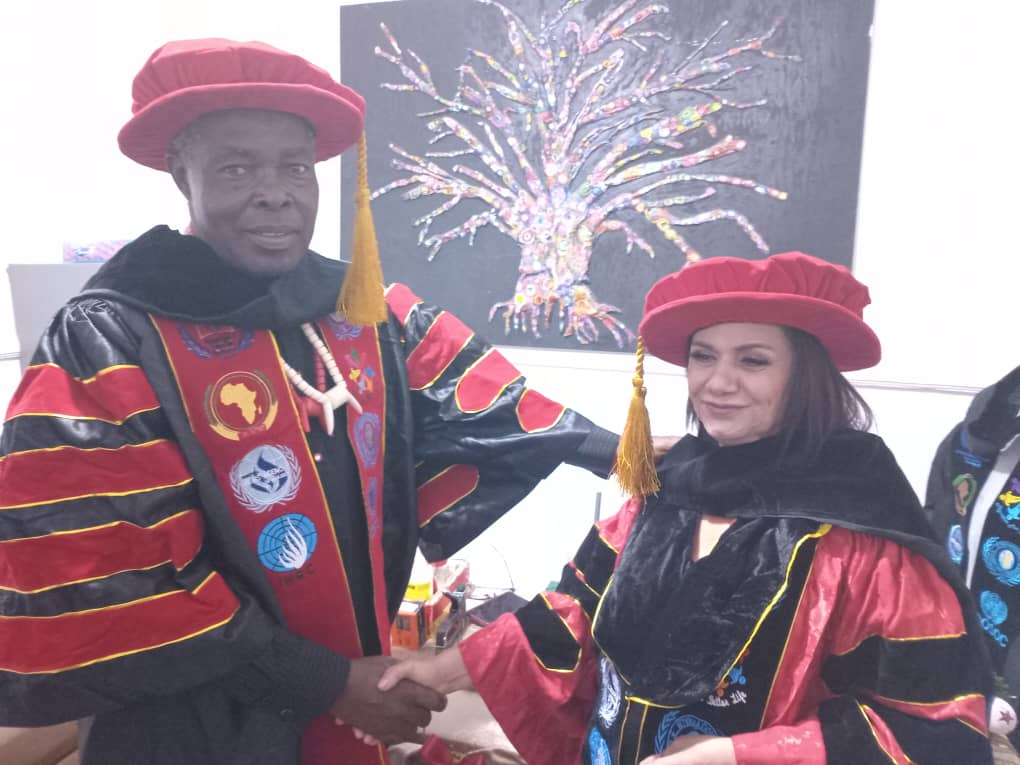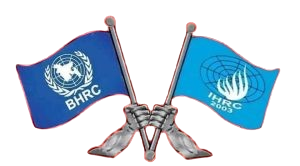IHRC Geneva Human Rights Studies and Diplomatic School
The project is organized under three names (1.) Geneva Institute for Human Rights and Diplomacy (GIHRD). – Inspired by the Geneva-based United Nations Human Rights Council and the Geneva Conventions, this name emphasizes international human rights standards and diplomatic engagement. (2.) The Hague Academy for Human Rights and International Relations (HAHIR) – Named after the International Court of Justice and the Permanent Court of Arbitration, both located in The Hague, this name highlights international law, human rights, and diplomatic relations. (3.) Universal Centre for Human Rights and Diplomatic Studies (UCHDS) – Drawing inspiration from the Universal Declaration of Human Rights and the United Nations’ commitment to human rights, this name emphasizes the universal principles of human rights and diplomatic studies.


These names are designed to:
1. Reflect international human rights standards and diplomatic principles
2. Emphasize the global relevance of human rights and diplomacy
3. Inspire confidence in the institution’s mission and values
4. Align with existing international institutions and frameworks
These platforms carry out educational services under the IHRC Geneva Africa Region as experts of international relations and human rights. The aforementioned IHRC Geneva’s educational centres are non-degree awarding focusing on the following areas of training leading to rewards of career development certificates and diplomatic certifications:
Human Rights Education:
1. International human rights law
2. Human rights mechanisms and instruments
3. Human rights advocacy and activism
Diplomacy and International Relations:
1. Diplomatic principles and practices
2. International organizations and governance
3. Conflict resolution and negotiation
Global Governance and International Law:
1. International humanitarian law
2. International criminal law
3. Global governance and sustainable development
Advocacy and Activism:
1. Campaigning and lobbying
2. Media and communication skills
3. Grassroots mobilization and community engagement
Research and Analysis:
1. Research methodologies
2. Data analysis and interpretation
3. Policy analysis and development
Leadership and Management:
1. Leadership skills
2. Project management
3. Strategic planning and implementation
Cultural Competence and Diversity:
1. Cultural awareness and sensitivity
2. Diversity and inclusion
3. Intersectionality and human rights
Practical Skills:
1. Report writing and documentation
2. Public speaking and presentation
3. Networking and partnership building
Thematic Areas:
1. Gender and human rights
2. Children’s rights
3. Refugee and migrant rights
4. Environmental human rights
5. Business and human rights
Capacity Building and Professional Development:
1. Mentorship and coaching
2. Career development and networking
3. Continuous learning and professional growth
The Training methods include:
1. Workshops and seminars
2. Online courses and webinars
3. Case studies and simulations
4. Group discussions and debates
5. Expert lectures and panel discussions
6. Field visits and experiential learning
7. Mentorship and coaching
Self-paced learning and online resources
By focusing on these areas, the academy will equip participants with practical skills, knowledge, and expertise to promote and protect human rights and foster effective international relations in the workplace of the participants.

